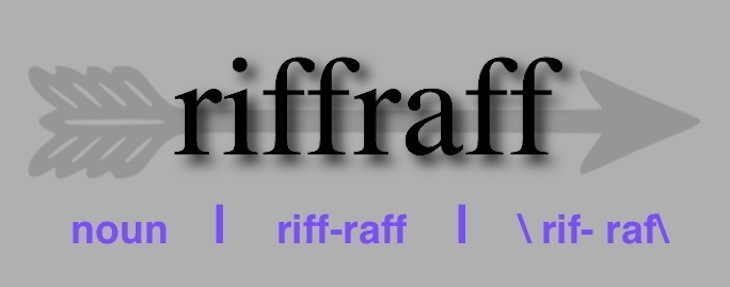Riff Raff: A note about David
by May 9, 2022 11:05 am 1,204 views

A specific item is why most attend a voting or study meeting of the Fort Smith Board of Directors. A zoning change. Proposed policy opposition. Or support. A not-in-my-back-yard issue. David Harris was there for all of it. And for the right reasons.
David, a retired U.S. Air Force officer and pilot, died May 5. He was 75.
For what seemed like 90 of those 75 years he was a fixture at the city’s board meetings. You, Kind Reader and Fort Smith citizen, may never have heard of David, but he was looking out for your best interests. No personal agendas drove him to attend hundreds, if not thousands, of board meetings, study sessions, all-day brainstorming sessions, or make frequent visits to the offices of city leaders.
He was retired. He had time to review line-by-line hundreds of pages for a board meeting. Am not too proud to note that I often picked David’s brain in crafting our coverage of Fort Smith city government. He was a walking encyclopedia, providing reminders that Agenda Item 4 may seem like a unique problem but is similar to an issue the city tackled a few years ago. He was a resource as we tried – and continue to try – to cover the city’s response to the federal consent decree to fix the sewer system – a response that may someday be a case study on how to NOT communicate with citizens while spending hundreds of millions of dollars to do whatever they are doing with hundreds of millions of dollars.
This is gonna sound corny, maybe too simple and sentimental, but David was a devoted monitor of city government because he was devoted to good city government. I’d bet the number is several handfuls of decisions the city board and/or administration changed or didn’t make after David inserted a touch of perspective; often a pointed reminder of how a decision would run afoul of precedent or the board’s previously promulgated priorities.
In 2002, the city would do more than just violate its own priorities. After what we now know to be a clear violation of the state’s Freedom of Information Act (FOIA) related to the city’s acquisition of downtown property, Harris took his desire for good government to court. A Sebastian County circuit judge ruled that the city did not violate the FOIA. Local judges often give the city favorable nods.
David, at his own time and expense, would pursue the matter, eventually ending up in an Arkansas Court of Appeals. In 2004, he received the ruling the local judge should have made. A three-judge panel said the city’s reasons for avoiding a board vote before buying the property were at best, “disingenuous.”
“It is vital in a democratic society that public business be performed in an open and public manner so that the electors shall be advised of the performance of public officials and of the decisions that are reached in public activity and in making public policy,” noted a section of the ruling.
Harris v. Fort Smith is now cited case law in FOIA actions involving open meeting questions.
Fort Smith Mayor George McGill, who was not in city government in the early 2000’s, praised Harris for being a city watchdog. McGill confirmed my hunch that David was not a curmudgeonly critic; he had a good heart and enjoyed responsible civic engagement.
“You know, he visited my office, our city offices often. And he could be very direct, as you know, very frank, but he was never unkind. … He would make his case. He would have all his facts and make his points, but he was always nice to me during those (visits),” McGill said of David.
A few years ago I asked David if he’d ever thought about running for city director or mayor. He grinned, pulled easy on his beard as he often did, and responded, “I do my best work right here,” pointing to the back row seat he preferred.
David wasn’t a culture warrior. Wasn’t interested in your attention. He wasn’t driven by national messages carefully crafted by pollsters using fear and anxiety in coercing people to engage in emotional civic discourse. Power and ideology were not his motivations. As noted earlier, he was committed to the hard and principled and never-ending and often boring work to have a rational and respected influence on city government.
Fort Smith needs a small army of Davids. No, make that ALL public institutions need us to be Davids.
